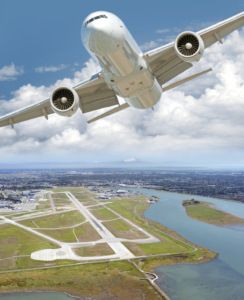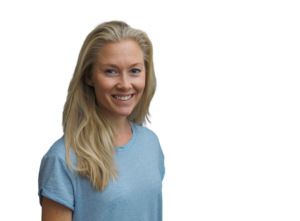Opinion
A Dane Abroad: Sometimes coming home’s the hardest thing to do
Kirsten Louise Pedersen
This article is more than 9 years old.

On a plane that couldn’t wait to get away again
So, after years of living abroad, you decide to return ‘home’. You (and everyone else) assume this is going to be easy breezy because you are just going home, right? Only that years of living differently has most likely led to a fair bit of personal evolvement at your end. And nothing like ‘going home’ will make you realise just how much.
Familiar emotions
Returning to live and work in Denmark after 12 years abroad generated many conflicting emotions. Frustration, excitement, despair, joy, surprise and fear spring to mind. Funnily enough, they were similar feelings to when I first emigrated.
I didn’t think it was possible to feel like a foreigner in my own country. But I did many times. I boil this down to underestimating the extent of the internal transformation I had undergone while being away – and (in my case) being frequently alienated from the Danish labour market due to my foreign education and work history.
New discoveries
‘The return’ shattered my existing view of what constitutes identity, home and belonging – and eventually gave way to a new one. Many things simply did not fit like they used to. My perception, core beliefs and perspective on life had all shifted. I have always been proud of Denmark for being a very organised society.
Yet, for the first time, I experienced an excess of legislation and rules (often lacking sense) that felt restrictive to a life of freedom in Denmark.
I have realised that a sense of self and identity doesn’t need to be attached to a geographical location. These root sentiments ultimately arise and reside inside all of us, just like ‘home’ does – if we dare challenge our own attachments and collective societal thinking. I believe we can have many homes in this life. And we can choose to live out the positives of the gift of being exposed to so much variety in life.
Once a traveller …
I could have stayed in Denmark. However, having already opened Pandora’s box of life’s adventures, I knew somehow my path was already headed elsewhere. Discovery is not necessarily about physical travel. However, it does greatly assist in generating perspective – and opening up one’s eyes.
I think we have to go for what makes our hearts beat a little faster. New Zealand – with its warmer climate, beach culture, stunning nature, openminded inhabitants and general ease of living – did it for me. Did I solve all of my life’s riddles and make all the pieces fit in the process? Not even remotely. But sometimes we just gotta choose.
We all have a journey in life. Question is whether we are courageous enough to walk it in the face of inconvenience, imperfection and deviation from social norms. Facing a challenge is tough and scary, and it’s often easier to shy away from one than meet it head on.
But therein lies the very opportunity for transformation. If life’s always crease-free and comfortable, it doesn’t move us. It’s like a muscle that only works harder if it is met with resistance. Only through awkward and daunting challenges will we experience the magic of transformation.

About
Kirsten Louise Pedersen
Born and raised in Denmark, Kirsten jumped ship in her early 20s to spend the next 12 years living in New Zealand. A physiotherapist, acupuncturist, yogini and foodie, she has a passion for life and wellbeing. After a few stints back in the motherland, Kirsten is once again back living in Aotearoa, New Zealand.










































